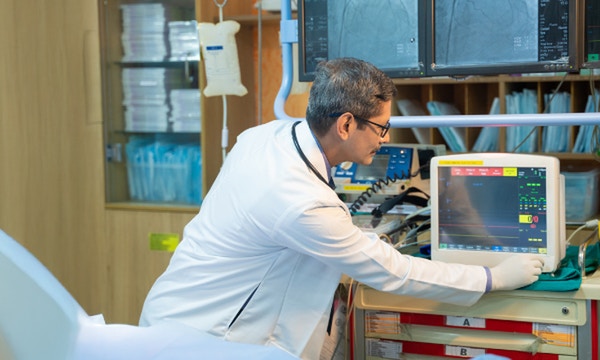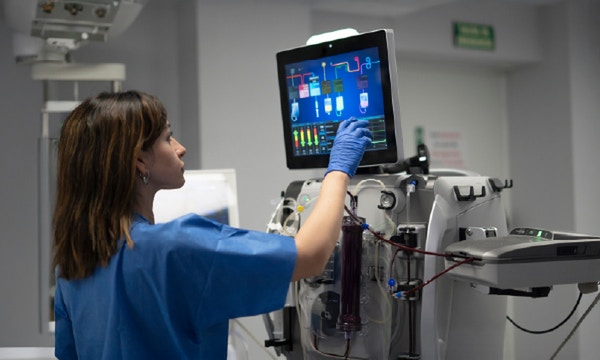Video
Section CTA

AI‑driven roadmap to autonomous manufacturing
Shantanu Rai, VP and Head of Digital Manufacturing, Engineering and R&D Services at HCLTech, outlines how engineering foundations, converged data and human‑led AI enable autonomous manufacturing
Watch video
Design-for-Testability: The new strategic imperatives for the semicond...
Vijayaprabhuvel Rajavel, Technical Architect and Engineering Program Manager at HCLTech, explains how design-for-testability (DFT) and robust testing are core to silicon reliability and customer trust
Watch video
Advancing Education with AI, Preparing Tomorrow’s Workforce
Featuring Vishaal Gupta, Pearson; Andrew Baird, Education For Employment; Srimathi Shivashankar, HCLTech. Moderated by Neil Allison, WEF. A conversation on skilling, equity and AI-readiness in education.
Watch video
The New Partnership Playbook for Growth in the AI Economy
Featuring Adele Trombetta, Cisco; Joshua Shapiro, CrowdStrike; Abhay Chaturvedi, HCLTech. Moderated by Tamara McMillen, The Economist Group.
Watch video
Davos Dialogues: Securing Agentic AI at scale
Arjun Sethi, Chief Growth Officer, Strategic Segments, HCLTech, joins Trends and Insights to discuss why Agentic AI is reshaping mission-critical operations, demanding more measures to ensure trust.
Watch video
Davos Dialogues: Quantum beyond the AI era
Nathan Baker, Partner for Quantum Applications, Microsoft, joins Abhay Chaturvedi, CVP, TECH Industries to discuss why quantum computing is becoming a strategic imperative for enterprises.
Watch videoPodcast
Section CTA
Listen now

0:00
progress
00:00Episode 38: From projects to products: Reinventing IT models in life sciences and healthcare
Shrikanth Shetty, Chief Growth Officer and Global Head, Life Sciences and Healthcare at HCLTech, shares how shifting to a product-centric IT model is accelerating agility and AI adoption in healthcare
Also listen on:Spotify
Subscribe to the HCLTech Newsletter
for our latest news and insights
Primary button
















